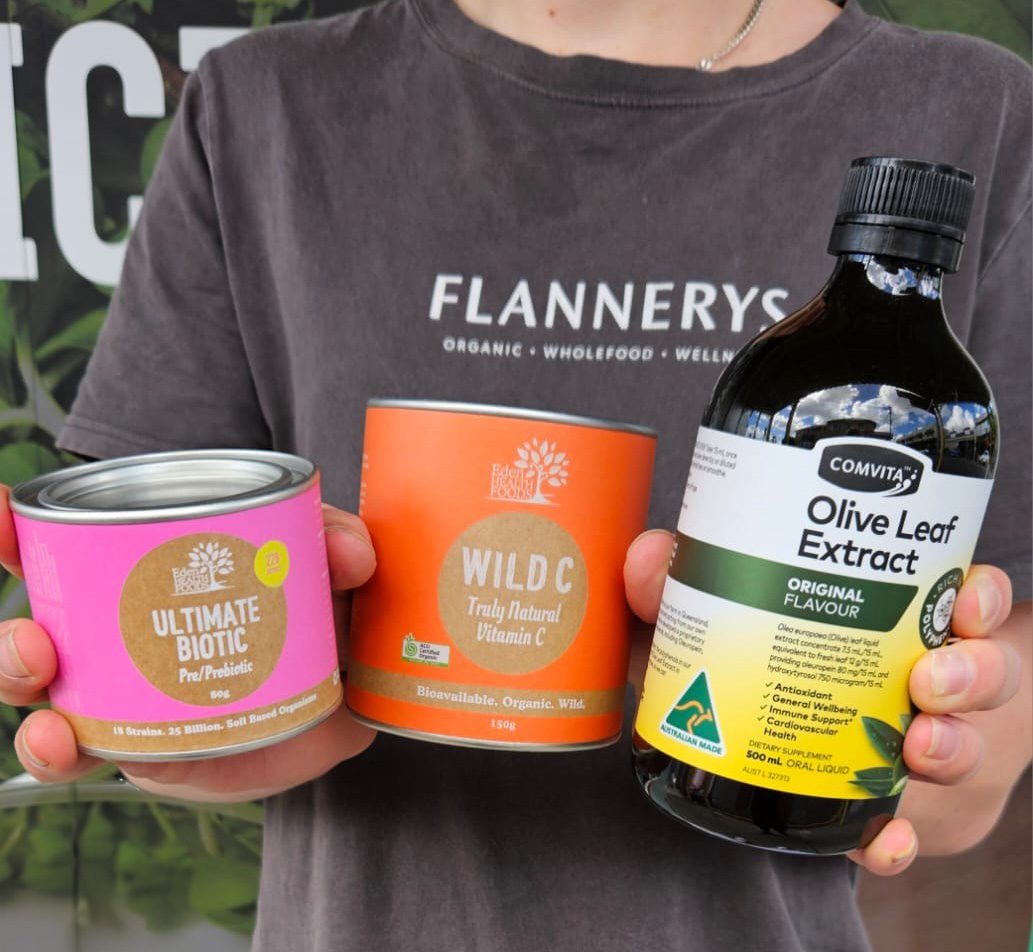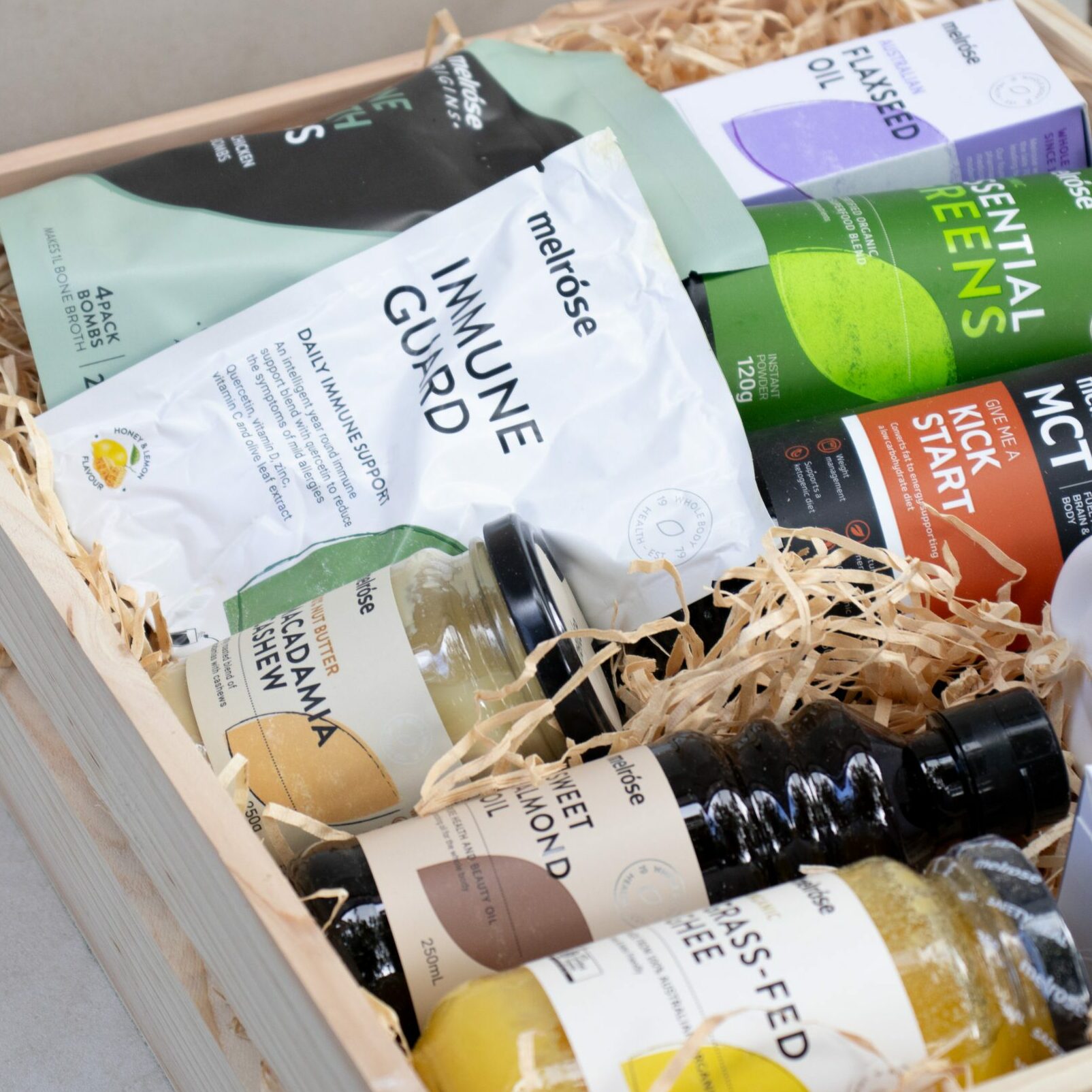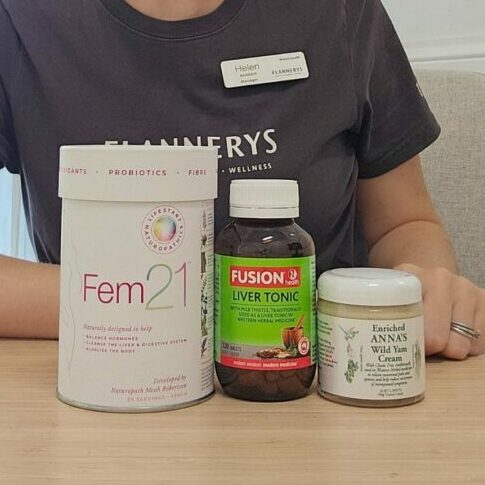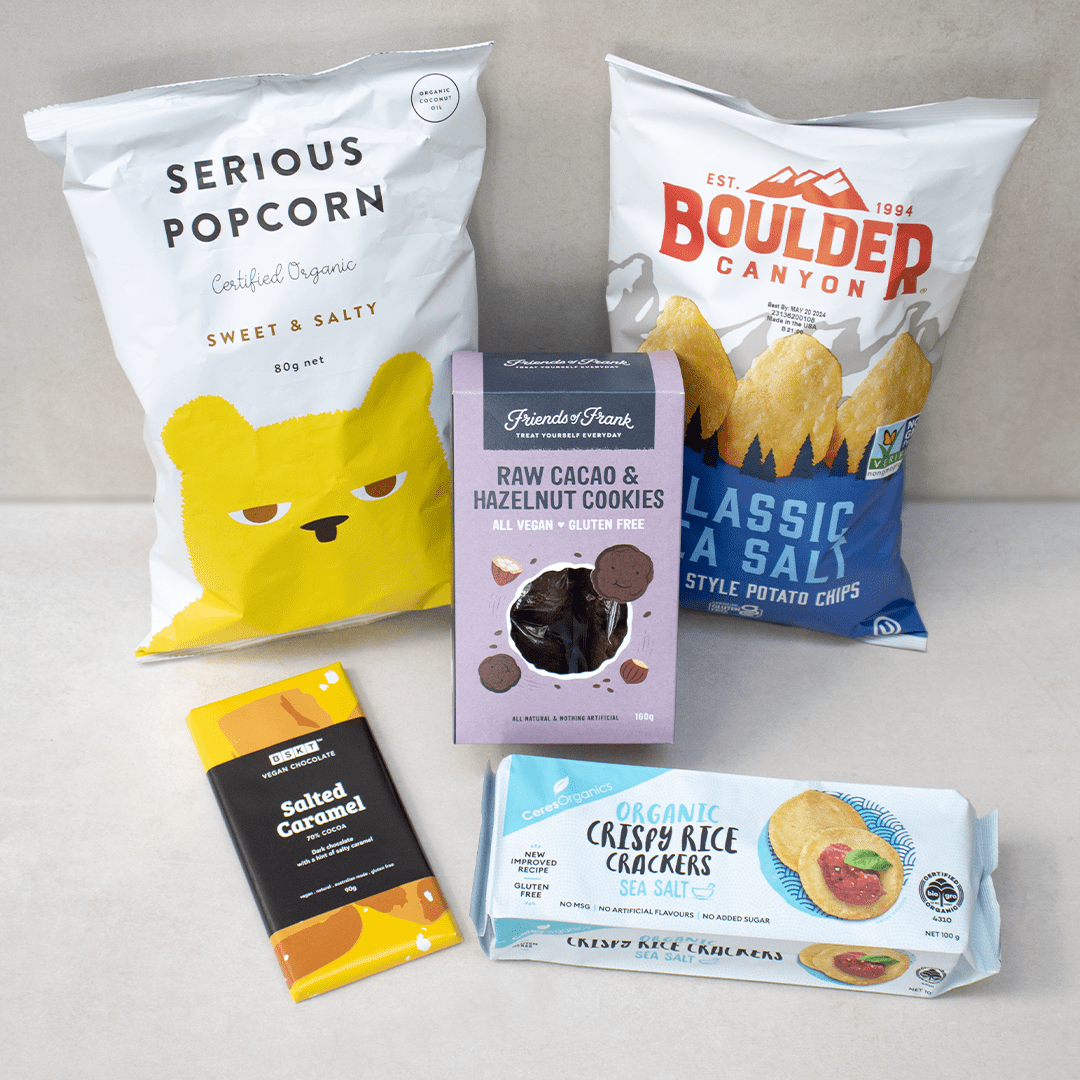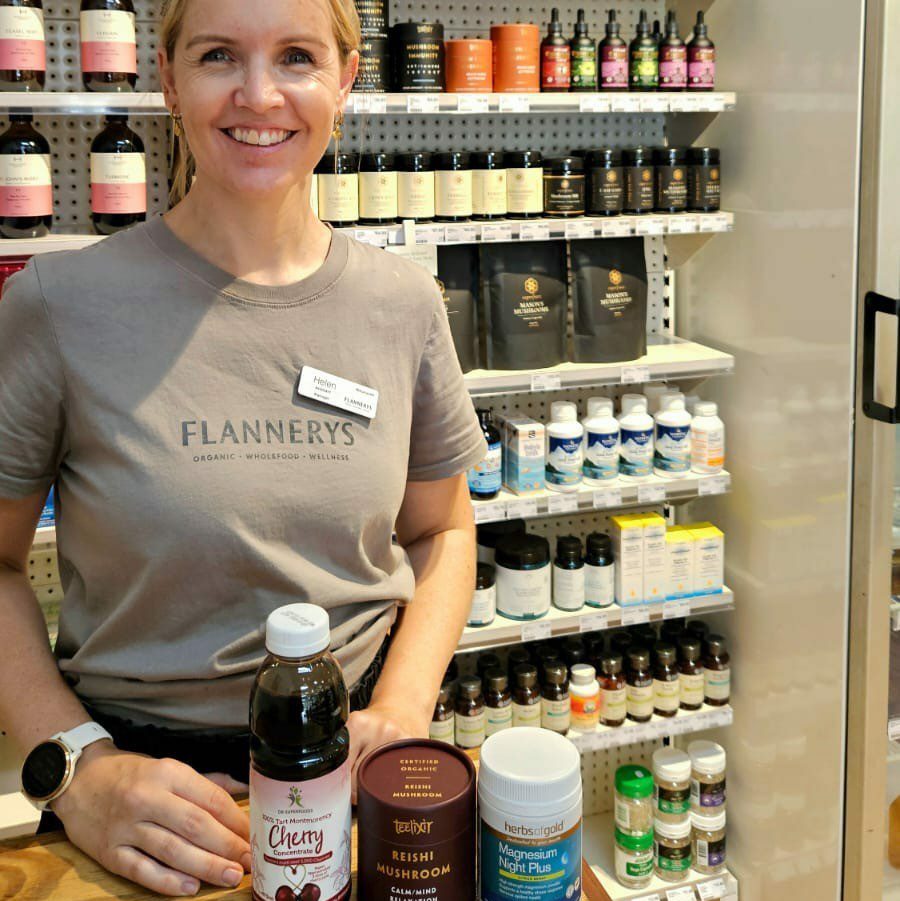
30.10.2018
5 Helpful Tips to go Plant-based & what to be Mindful of
Joshua Gaudry, Flannerys Food Scientist.
Going vegan seems to be a prevailing lifestyle change in recent years as more and more people become mindful of what they are putting into their bodies and where these foods come from. Just like with the decision to not eat meat, it is also important to use this mindset with all other food choices and to delve a little deeper into what is in the food you are eating – and where it comes from.
Plant based diets can be beneficial for many people if executed correctly due to the nutrient dense foods that are regularly consumed in healthy plant based diets. The increased intake of vegetables and fruit see higher levels of antioxidants, plant polyphenols and fibre. These nutrients feed into biological pathways, and along with the exclusion of animal products, also seem to create changes in the gut microbiome that could potentially lead to better health outcomes.
Like any restrictive diet an effort needs to be made to ensure you are getting adequate nutrition. When switching to a purely plant-based diet things to look out for and be mindful of are, essential amino acids in the form of protein, vitamin B12, minerals such as Iron and omega 3 fatty acids.
5 helpful tips to going plant based
-
Be wary of Meat substitutes.
Monitor intake of soy, gluten, and vegetable oils as these can have negative effects on your bodies’ endocrine system, absorption of nutrients and level of inflammation.
-
Protein Intake.
Plant based Protein powders are a really good option to supplement protein intake to maintain lean muscle mass if you’re engaging in a lot of physical activity. Protein powders made from pea, rice and hemp are all good alternatives, but aren’t 100 percent necessary if you are eating a mixture of foods such as vegetables, legumes, rice and hemp seeds to ensure you are getting all of your essential amino acids.
-
Don’t forget about fats, your brain needs fats.
You can get enough essential fatty acids in your diet by consuming foods such as flax seeds, hemp seeds, chia, avocados and nuts. Nuts and seeds are also full of essential minerals, but it’s always better to activate your nuts and seeds to make the nutrients more bioavailable
-
Focus on Fruits and Vegetables
(organic where possible) and move away from too many starchy or grain-based foods.
-
Read the Ingredients.
Anything processed from your supermarket you should always read the ingredients list, in most cases if there are more then 10-15 ingredients its likely there is something in there that is not good for you. It can be easy when going vegan to inadvertently greatly increase your intake of processed carbohydrates, additives and preservatives. But, mindful shopping and really looking at what is in your food can really help.
These are all just guidelines and when undertaking any drastic diet or lifestyle change it’s always good to consult a healthcare practitioner. It can be beneficial to get blood tests to monitor levels of things such as iron to ensure your body is adapting well to the change and to monitor whether you need supplementation.
Share this post with your friends

